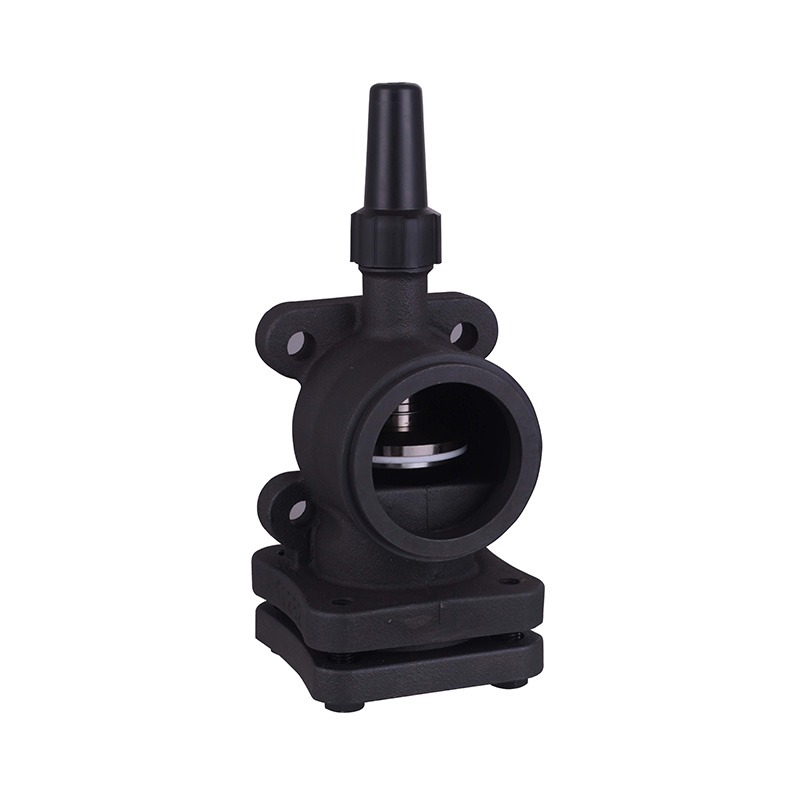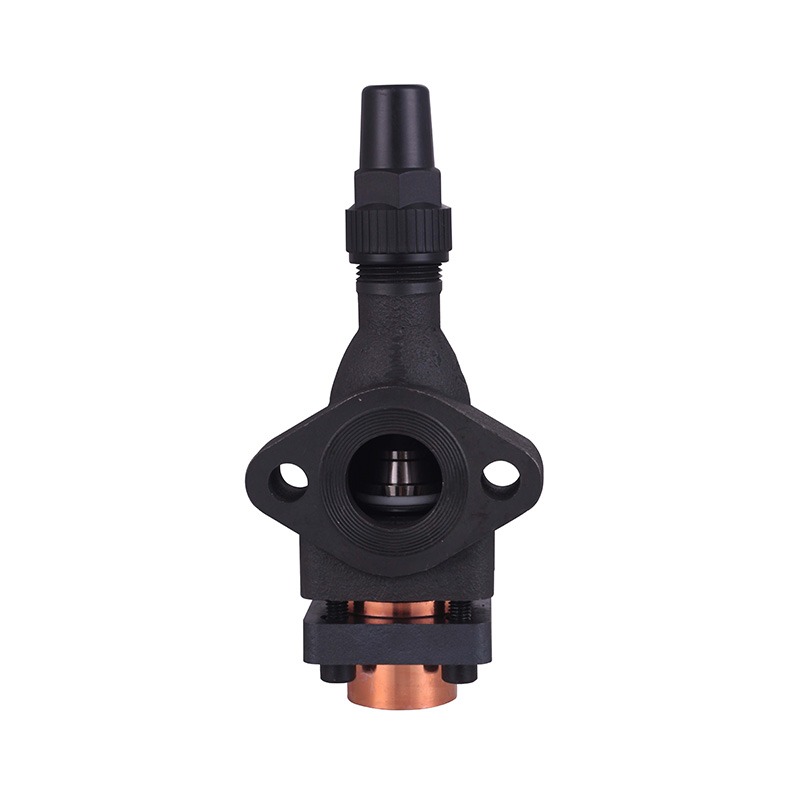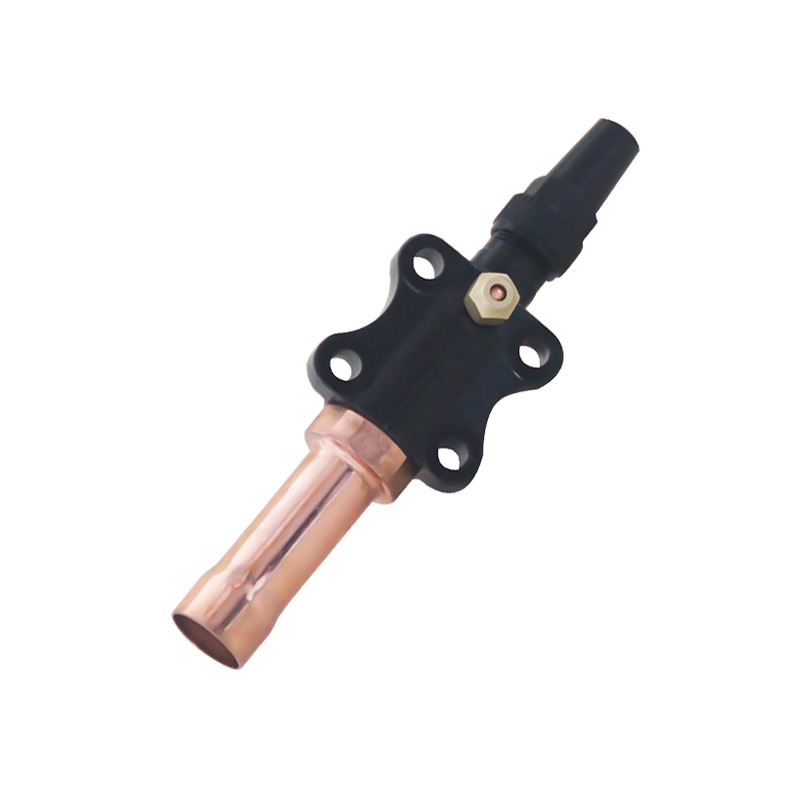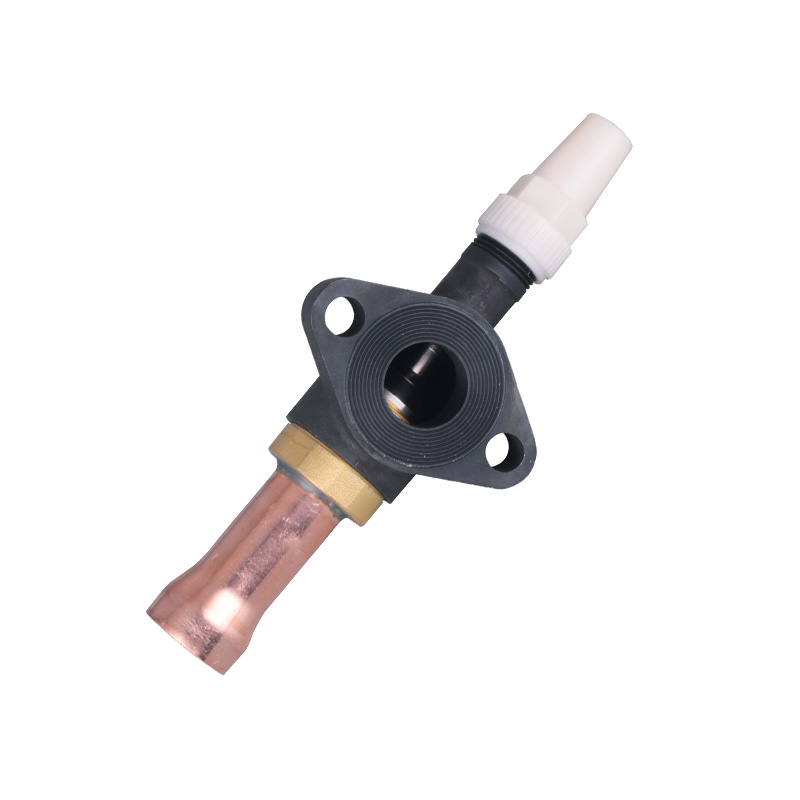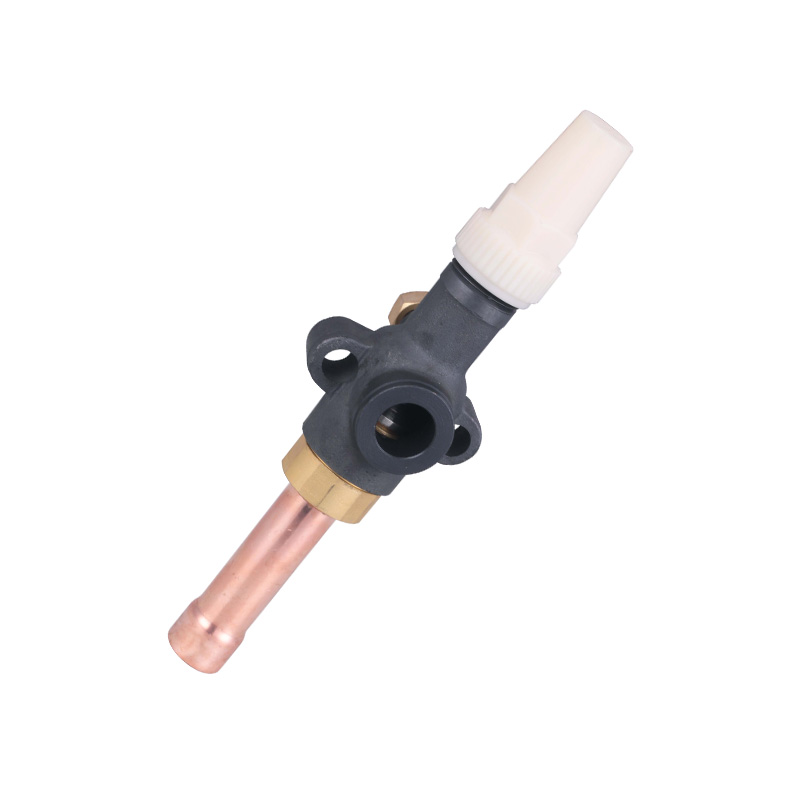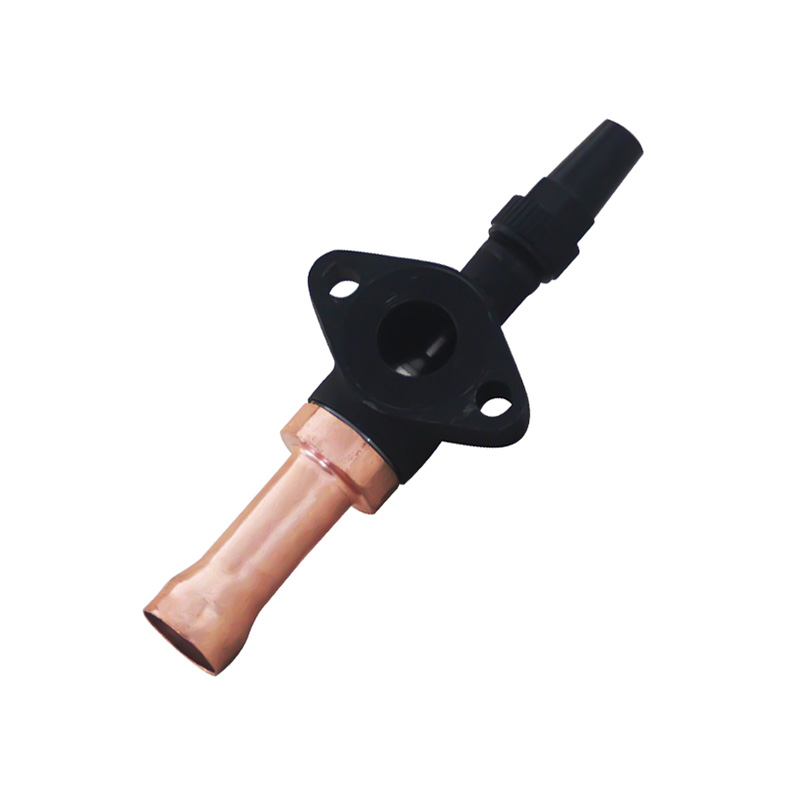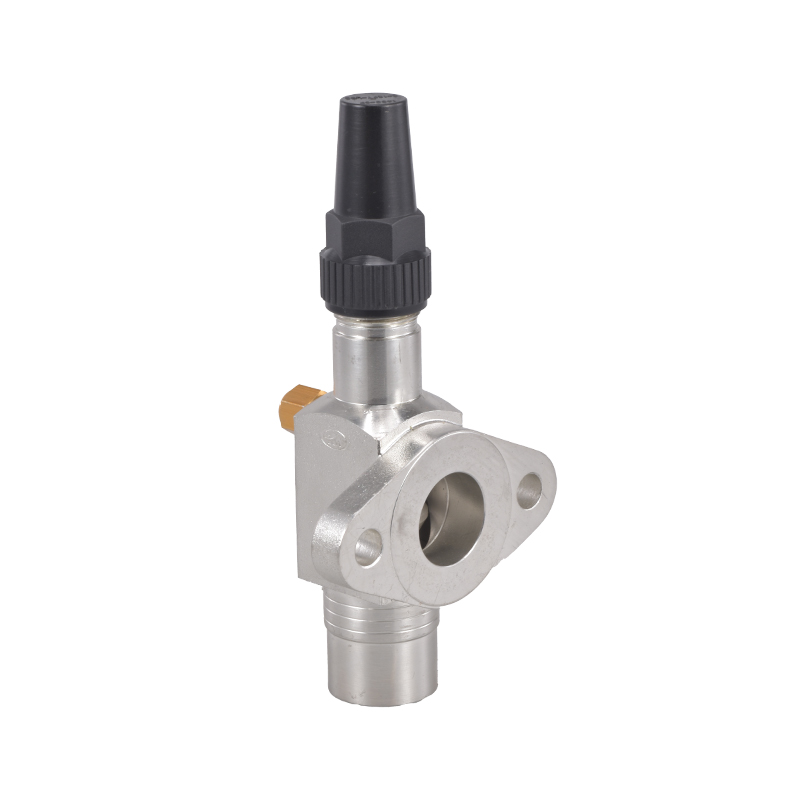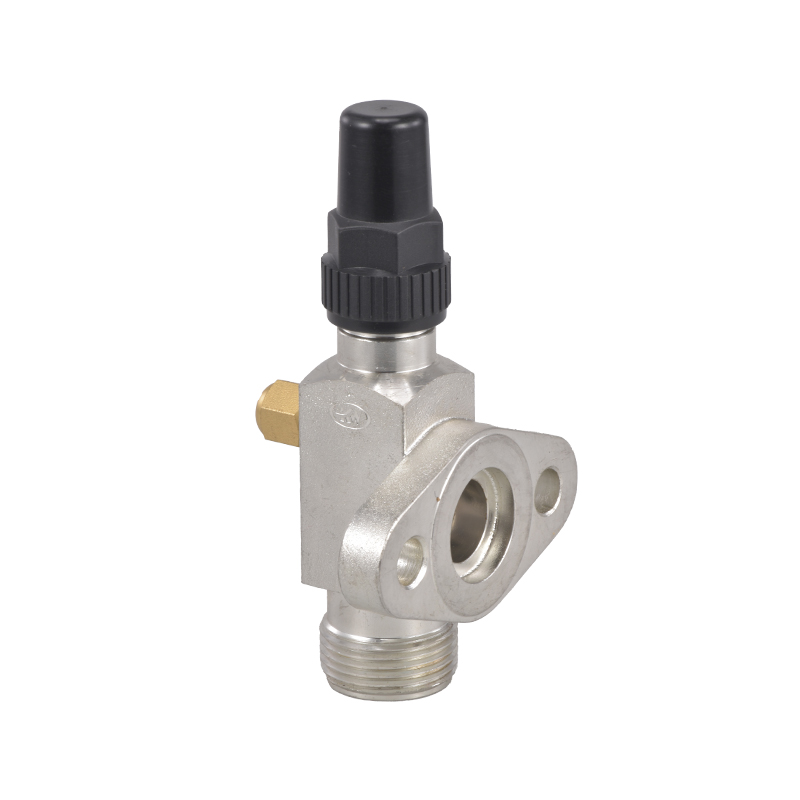Comparing Liquid Refrigerant Pump Types for Industrial Applications
 By Admin
By Admin
Today, we delve into the various types of liquid refrigerant pumps, their applications, and their advantages and disadvantages, while highlighting the importance of refrigerant accessories and the art of refrigeration welding in maintaining these systems.
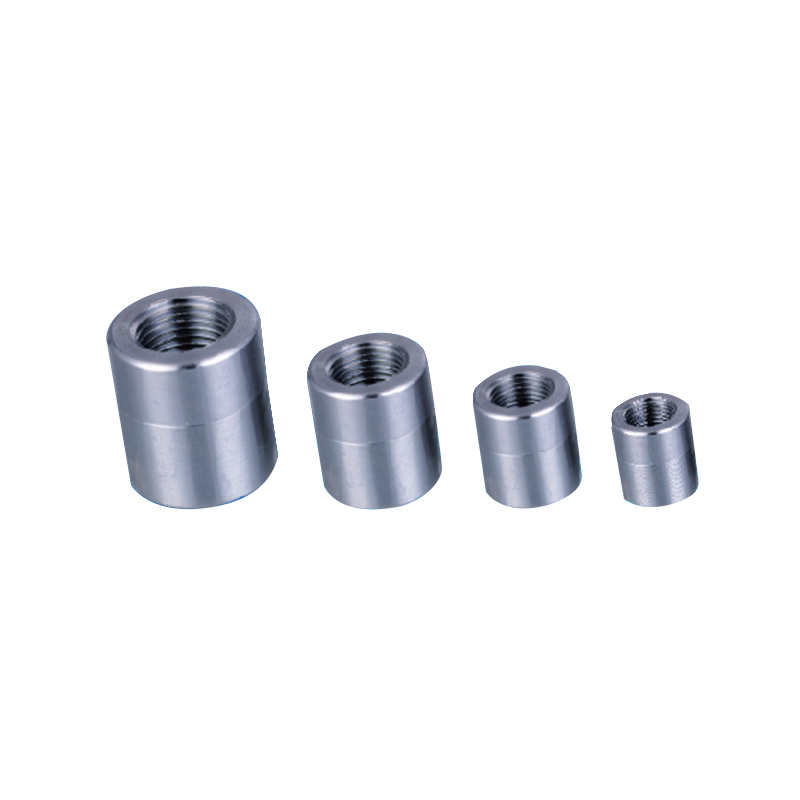
The Role of Liquid Refrigerant Pumps
Liquid refrigerant pumps (LRPs) are indispensable in industrial applications where the efficient circulation of refrigerants is key. They play a pivotal role in maintaining the desired temperature in various processes. The choice of LRP can significantly impact energy consumption, operational costs, and system longevity, making it a critical decision for engineers and facility managers.
Types of Liquid Refrigerant Pumps
There are several types of liquid refrigerant pumps available, each with unique characteristics:
1. Mechanical Pumps: These are traditional pumps that use mechanical force to move the refrigerant. They are often used in systems where the refrigerant needs to be moved against gravity or where there is a need for a high flow rate. Mechanical pumps require regular maintenance and are more susceptible to wear and tear, necessitating quality refrigerant accessories for upkeep.
2. Diaphragm Pumps: Known for their ability to handle a variety of fluids without contamination, diaphragm pumps are ideal for applications where the integrity of the refrigerant must be preserved. They operate with a series of reciprocating diaphragms, providing a leak-free and low-maintenance solution. The use of diaphragm pumps often requires specific refrigerant accessories to ensure compatibility and efficiency.
3. Gear Pumps: These pumps are characterized by their ability to handle high viscosity fluids and are often found in systems where precise control of refrigerant flow is needed. Gear pumps are robust and can handle high pressure, making them suitable for demanding industrial processes.
4. Centrifugal Pumps: These pumps are used when a high volume of refrigerant needs to be moved at relatively low pressure. They are energy-efficient and require less maintenance than mechanical pumps, but they may not be as effective in systems with high pressure requirements.
The Importance of Refrigerant Accessories
Regardless of the type of liquid refrigerant pump chosen, the matching of refrigerant accessories is crucial. These accessories include valves, filters, pressure regulators, and gauges, all of which are essential for the proper functioning and safety of the refrigeration system. High-quality refrigerant accessories not only enhance the performance of the pump but also contribute to the overall efficiency and reliability of the system.
Refrigeration Welding: A Crucial Skill
Refrigeration welding is a specialized skill that is indispensable when it comes to the installation and repair of refrigeration systems. Welding is used to join pipes and components without leaks, ensuring the integrity of the system. Proper refrigeration welding is vital for the prevention of refrigerant leaks, which can cause system inefficiencies and environmental hazards. Skilled welders ensure that the connections are strong and airtight, which is especially important when dealing with the delicate nature of refrigerant accessories and the high pressures involved in industrial refrigeration systems.
Comparative Analysis of Pump Types
When comparing liquid refrigerant pump types, several factors must be considered:
- Energy Efficiency: Centrifugal pumps are often more energy-efficient than mechanical pumps, especially in systems requiring high flow rates at low pressures.
- Maintenance: Diaphragm pumps typically require less maintenance than mechanical pumps, but they may require specific refrigerant accessories for good performance.
- System Compatibility: Gear pumps are compatible with a wide range of fluids and are suitable for systems that demand high precision and control.
- Cost: While initial costs may vary, the total cost of ownership, including maintenance and energy consumption, should be considered when choosing a pump type.
The selection of the right liquid refrigerant pump for industrial applications is a balance of performance, efficiency, and compatibility with the existing system. Engineers must consider the specific needs of their processes, the type of refrigerant being used, and the importance of matching refrigerant accessories and the skill of refrigeration welding in ensuring the longevity and reliability of their refrigeration systems.




 English
English русский
русский Deutsch
Deutsch
